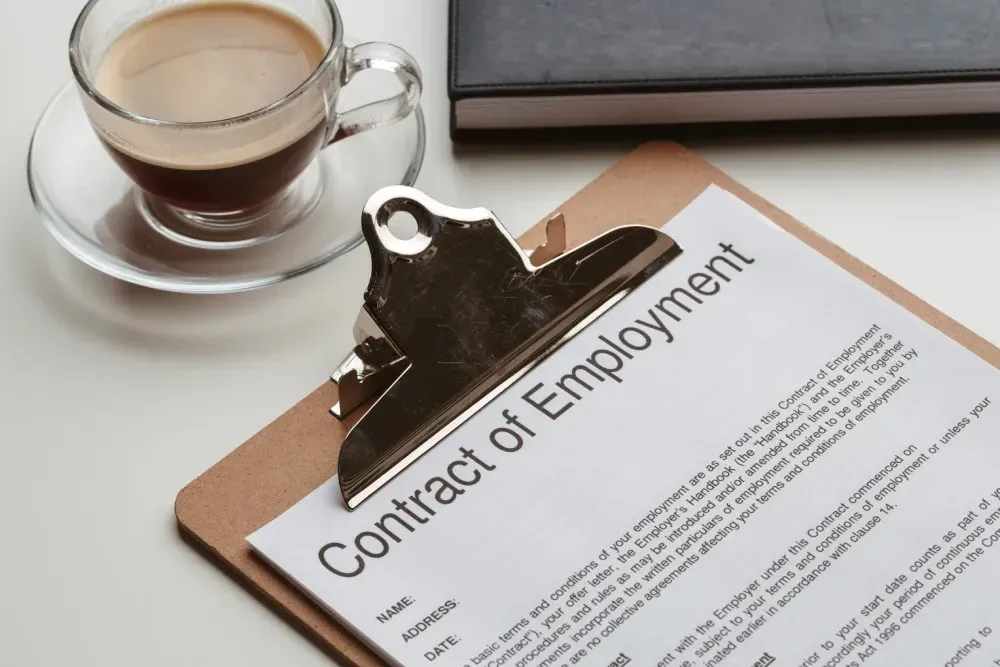Understanding the Fundamentals of California Insurance Bad Faith Law
An insurance policy is basically a contract. The insurance company is legally bound to the contract’s terms to provide coverage and payout valid claims stated in the contract to the policyholder who faithfully pays premiums on time over the years. Unfortunately, insurance companies are businesses, which means that ultimately, nothing is more important than their bottom line. Many insurance companies will do whatever they can to increase profits - including denying valid claims or finding ways to pay far less than the claim is actually worth. If a policyholder finds themselves in such a situation, they are legally entitled to hold their insurance companies accountable through filing a “bad faith” lawsuit. This article will outline some fundamentals of California Insurance Bad Faith Law and what you as a policyholder can do if your insurance company isn’t upholding their end of the bargain.
The Concept Of Insurance Bad Faith
Bad faith is essentially any situation where an insurance company does not uphold what it promises in its policy in a reasonable manner. Insurance companies are legally bound to use only fair claims practices and act in good faith. Certain types of conduct and behavior are defined by California law as bad faith. Some examples include:
- Not representing policy provisions or facts correctly to claimants
- Unreasonable denial of policy benefits
- The lack of reasonable standards for the timely investigation and processing of claims that were filed
- Not responding or acting in a timely manner when a claim is filed
- Failing to deny or approve claims after the insured has submitted appropriate proof of loss within a reasonable time frame
- Not making an effort qualifying as “good faith” to settle claims when there is reasonably clear evidence of liability, or influencing other parts of the claim through failing to settle one portion of it
- Pushing the policyholder to litigate the claim due to an inadequate settlement offer and refusing to negotiate
- Trying to settle for an amount that looks is clearly unreasonable in comparison with statements made in printed or written advertising material with the application for insurance
- Altering an application without the consent or knowledge of the policyholder or their agent and using it to settle claims
- Not providing any prompt justification for denying a claim
- Misleading a claimant about the deadline for initiating a lawsuit or filing a claim
These, and many more examples may constitute grounds for filing a bad faith claim against an insurance company. Due to the fact that every claim is unique, it is important to consult with an experienced insurance attorney if you think you’ve been treated in an unfair manner by your insurance company.
What To Do If An Insurer Acts In Bad Faith
There are a few paths to take if an insurer has committed bad faith:
- Plaintiffs can recover damages for breach of contract, aka the benefits their policy were supposed to provide plus interest
- Plaintiffs may also recover bad faith damages, such as emotional distress, economic losses, and attorneys' fees
- Plaintiffs may be able to recover punitive damages if it is proven that the insurer acted with malice, fraud, or oppression
Contact Us Today
Your insurance company has a team of lawyers ready to protect their bottom line so they can pay you the least amount of money they can get away with, so having an experienced attorney on your side is key to making sure they are being fair. Call the
Law Office of Ball & Yorke to consult with a California bad faith insurance lawyer today.











